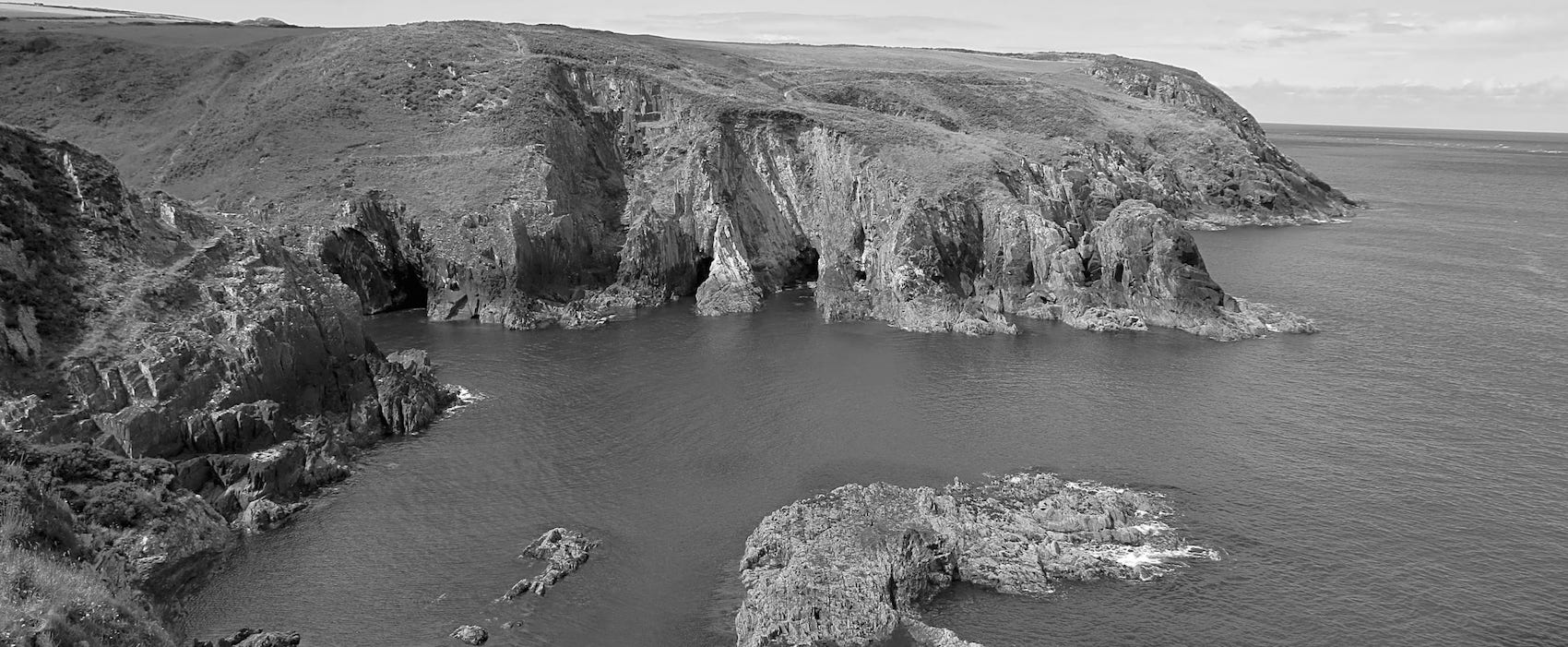For a while now I’ve been aware that what I’d call my Contemplative Self has become overly dominant. After a long period of solitude and restoration, I’ve found a new energy within and with it a growing frustration with my propensity towards musing and the inner life.
I’ve written numerous times about re-entry after grief and it seems that as Christina Rasmussen suggests it’s something that does happen again and again at deeper levels, while each movement towards life requires shedding of old attitudes and beliefs and transformation of some kind. This movement away from contemplation stirs up anxiety because it represents for me a place of refuge. But I’ve reached a point, I think, when the frustration is too much, the drive outwards too strong. Like the wild woman Mis who shape-shifted into a bird and flew away to the hills and woods following the death of her father, I’m getting ready to return to the world.
Old feelings of inadequacy and uncertainty about finding my place still reverberate within me, but I’m seeking the kind of transformation Sharon Blackie writes about in relation to the legendary geilt (the Irish word for madwomen).
…a geilt cannot emerge from her madness and come back to the world until she has achieved some kind of personal transformation. Through her ordeal – her removal from society and her time spent in the wilderness – she must find a way to reclaim a more authentic sense of identity and belonging. She finds it with the help of a man; she finds it in the union of the masculine and feminine.
Reading the story of Mis, it strikes me as significant that her transformation takes place in the wildness of the hills and the woods, that it is in the natural world, away from civilisation that she is transformed. Her reunion with nature is a precursor to her union with the masculine.
Weaving in a thread from the story of The Handless Maiden, there is a suggestion here, maybe, that the miller’s disregard for the apple tree and for the young woman are synonymous. Now seems a time more than ever to challenge blatant self-interest with regard to the earth’s natural resources, our willingness to sacrifice them in order to achieve our own gain.
Both The Handless Maiden and Mis undergo transformation in the natural world, recovering the wild woman within amid the forest and the hills, living on its abundance. Both, as Sharon Blackie points out in relation to the latter, are further transformed when the male and female energies are restored to each other. Recovering a relationship with the natural world and the balance between masculine and feminine energies are, Mary Grey suggests, at the heart of the Ecomystical way. So the journey begins.
